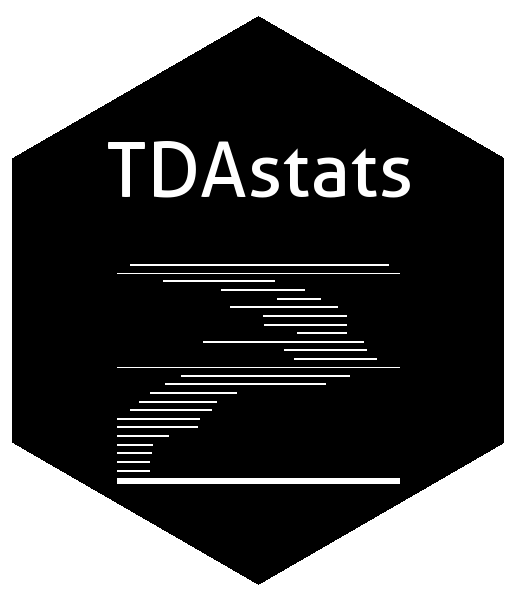Particle gradient descent model for point process generation
This paper presents a statistical model for stationary ergodic point processes, estimated from a single realization observed in a square window. With existing approaches in stochastic geometry, it is very difficult to model processes with complex geometries formed by a large number of particles. Inspired by recent works on gradient descent algorithms for sampling maximum-entropy models, we describe a model that allows for fast sampling of new configurations reproducing the statistics of the given observation. Starting from an initial random configuration, its particles are moved according to the gradient of an energy, in order to match a set of prescribed moments (functionals). Our moments are defined via a phase harmonic operator on the wavelet transform of point patterns. They allow one to capture multi-scale interactions between the particles, while controlling explicitly the number of moments by the scales of the structures to model. We present numerical experiments on point processes with various geometric structures, and assess the quality of the model by spectral and topological data analysis.
PDF Abstract

